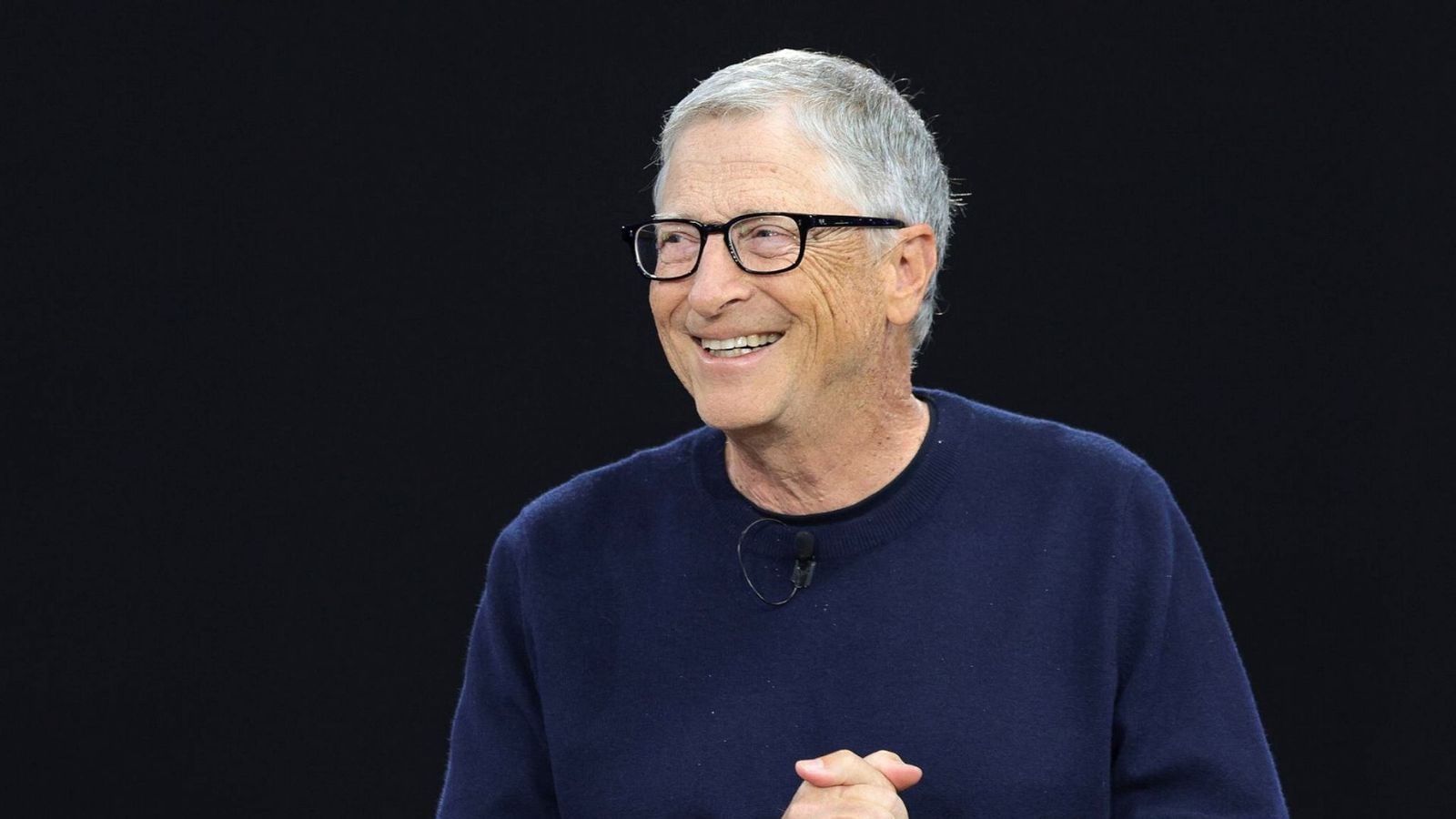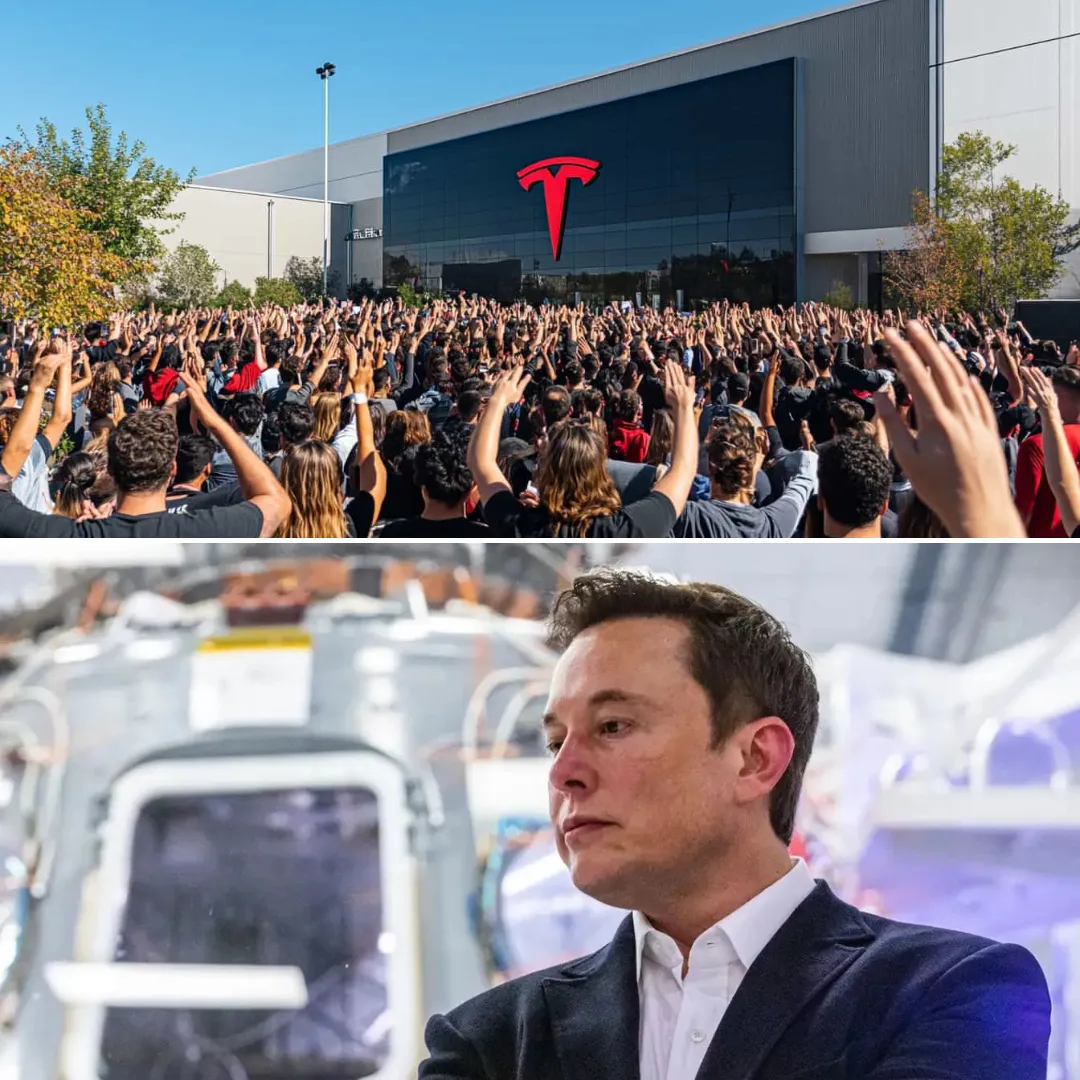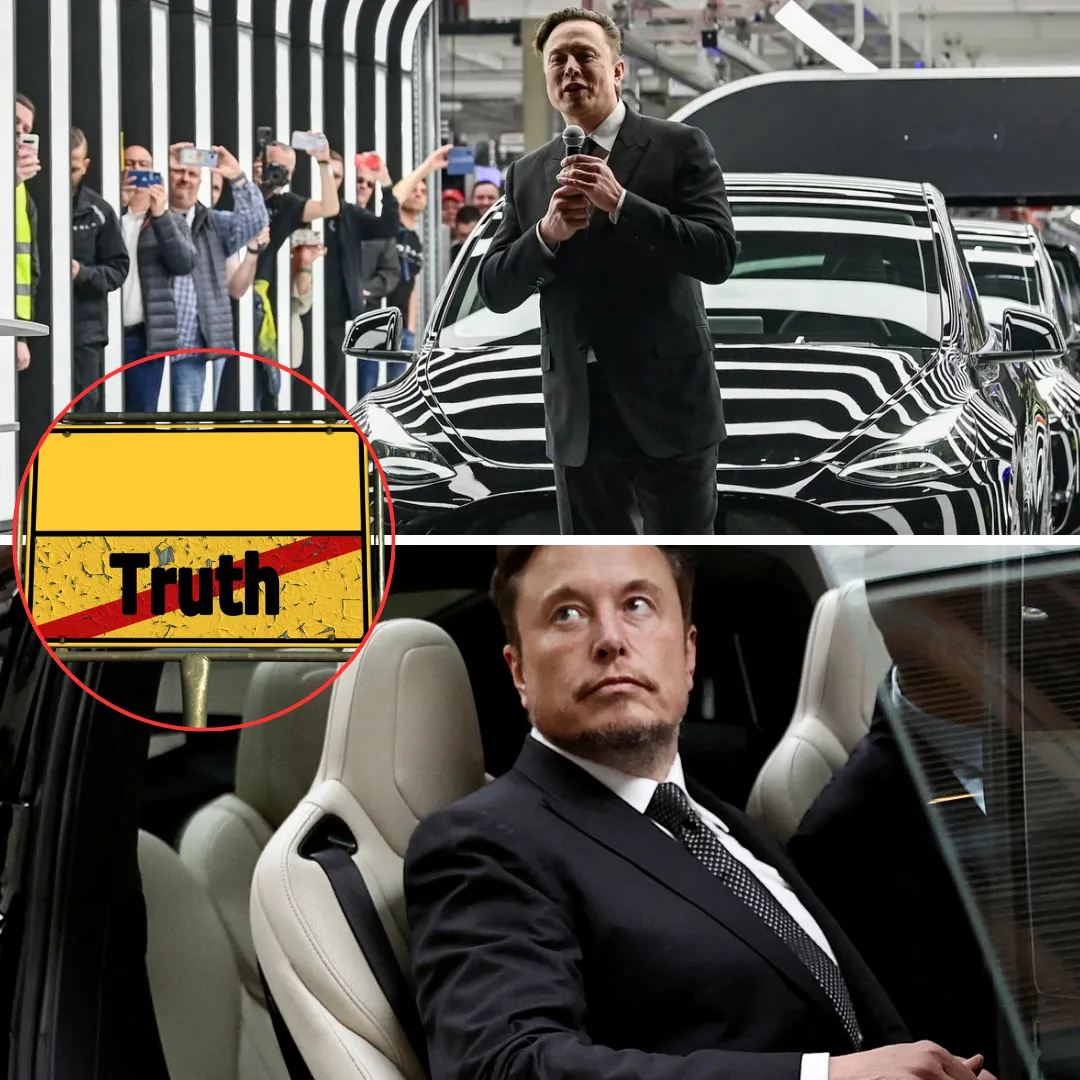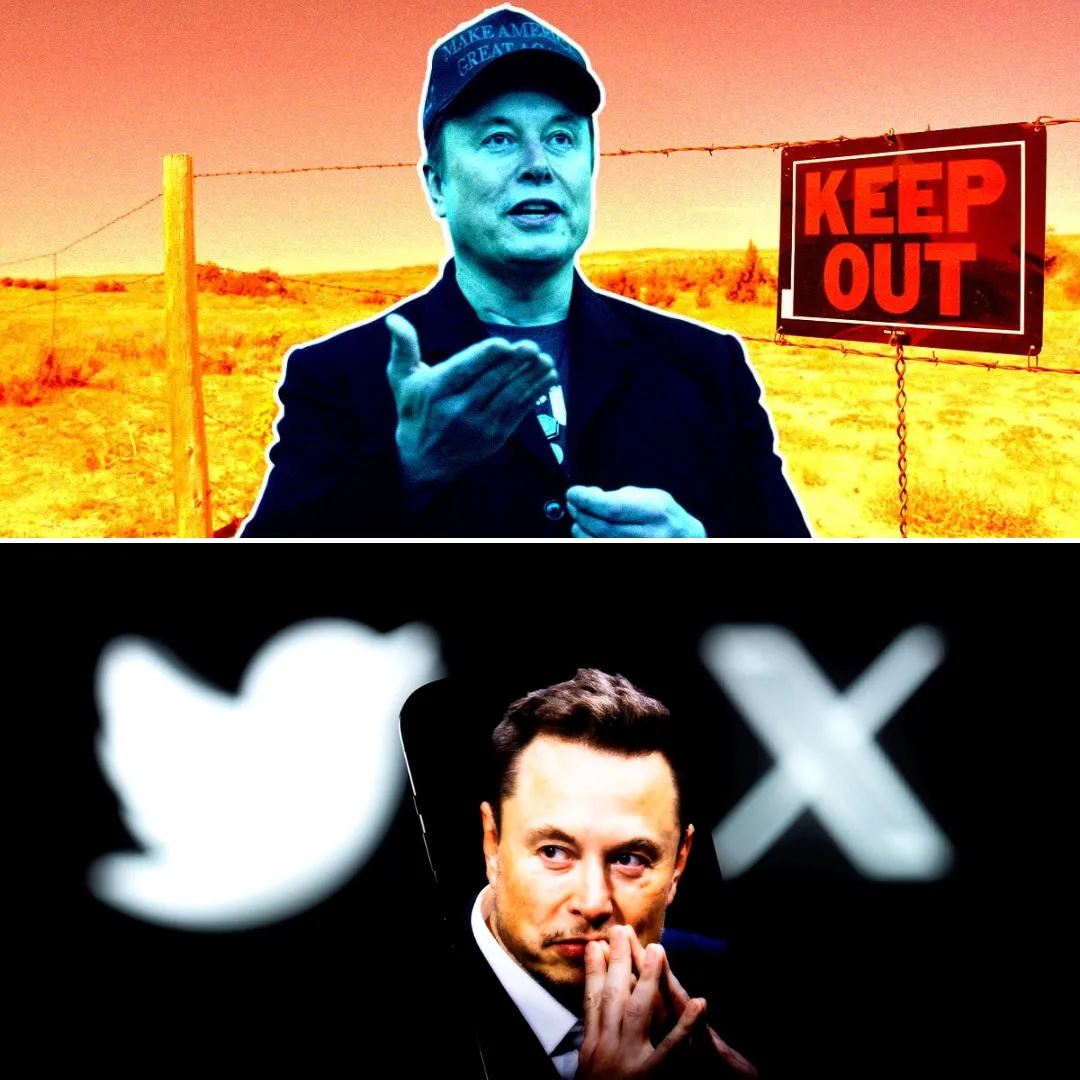
In a world obsessed with numbers, no figure stuns quite like this one: 2,500,000,000,000 dollars. That’s not a national GDP. It’s the hypothetical personal net worth of Bill Gates if he had taken a radically different path—one in which he held on to every share of Microsoft he ever owned and gave away nothing.
While today Elon Musk is celebrated as the richest man on Earth, peaking at an astronomical $464 billion in December and still sitting comfortably at around $388 billion, there exists a parallel universe where Bill Gates is not only richer but by an unimaginable margin. In that alternate reality, Gates would not just be a billionaire or even a centibillionaire—he would be the world’s first trillionaire, and then some.
On Thursday, Gates made headlines again—not for his business acumen, but for reaffirming his commitment to give away nearly all of his remaining wealth. By 2045, he announced, the Bill & Melinda Gates Foundation will be wound down entirely. It’s an extraordinary pledge, considering that he and his former wife, Melinda French Gates, have already funneled over $60.2 billion into the foundation since its inception in 2000.

Their philanthropic efforts have placed them as the second-biggest donors in the history of the United States, trailing only Warren Buffett. Yet even after their massive charitable endeavors, Bill and Melinda remain among the world’s wealthiest individuals—currently ranked 13th and 56th respectively, with estimated fortunes of $113 billion and $30.4 billion.
But what if philanthropy had never entered the equation? According to Forbes' recent projections, if Gates had never given away a single share or dollar, he alone would be worth $1.2 trillion—nearly four times Elon Musk’s present fortune.
Combined with Melinda, the total would have been approximately $1.5 trillion, and with dividends and stock growth over time, their combined assets could have swelled to $2.5 trillion. This number isn’t speculative fluff—it’s built on real math. Gates owned 11.2 million Microsoft shares when the company went public in 1986, representing nearly 49% of the software giant.
Had he held those shares through decades of stock splits, today that would amount to 3.2 billion shares, roughly 43% of Microsoft, valued at $1.4 trillion. On top of that, dividend payments would have added another $100 billion in cash to the Gates family’s hypothetical war chest—enough to rival or surpass the net worth of nearly every billionaire on the planet.
This would have completely reshaped the global wealth leaderboard. Melinda French Gates, assuming the divorce terms remained proportionate, would have seen her wealth hit around $300 billion, placing her just behind Musk and her ex-husband in this hypothetical ranking. Together, the Gates duo would have towered over Musk’s fortune, rendering him a distant second in the global race for financial supremacy.
Instead, the story that played out was one of giving. Bill Gates didn’t cling to his Microsoft fortune. He gave it away methodically, gradually selling off shares to fund global health initiatives, educational programs, and poverty alleviation projects. Today, Gates’ remaining Microsoft stake sits at just 0.9%, valued at around $28 billion.
The rest of his fortune is managed through Cascade Investments, which holds significant stakes in businesses like Republic Services, Deere & Co, and Four Seasons Hotels. Melinda’s Microsoft holdings are even smaller—estimated at just 380,000 shares, worth a modest $170 million. Neither Gates has been listed in Microsoft’s SEC filings since Bill stepped down from the board in 2020, marking a final break from the company he co-founded in a garage.

But the wealth Gates gave up didn’t vanish—it changed lives. The Gates Foundation has given out more than $47.7 billion to organizations fighting disease, hunger, and inequality across the world. Without those contributions, the world might look very different.
Bill and Melinda’s commitment to The Giving Pledge—a movement they started with Warren Buffett to encourage billionaires to donate at least half their fortunes—has had a domino effect on philanthropic norms among the ultra-wealthy.
Even Warren Buffett, for decades presumed to have earmarked the bulk of his wealth for the Gates Foundation, revealed in 2023 that a charitable trust overseen by his children would be the sole beneficiary of his estate. In June 2024, Melinda stepped down as co-chair of the Gates Foundation and pivoted her focus to Pivotal Philanthropies, a new initiative that she launched with $674 million in 2022.
A month later, she pledged another $1 billion to support women’s and girls’ rights. By the end of June, she announced she would receive an additional $12.5 billion for philanthropy, stemming from her split from the foundation’s leadership.

Despite the divergence from what could have been a financial fairytale, the Gateses remain philosophical and determined. In his Giving Pledge letter, Bill Gates wrote, “When the time came to choose what to do with my wealth from Microsoft, I knew I had to follow [my parents’] example. I decided that the vast majority of my wealth would go toward helping as many people as possible.”
Melinda echoed this sentiment: “I recognize the absurdity of so much wealth being concentrated in the hands of one person... the only responsible thing to do with a fortune this size is give it away—as thoughtfully and impactfully as possible.”
Still, there is an unavoidable contrast with figures like Elon Musk. While Musk’s fortune has ballooned thanks to high-risk ventures like Tesla, SpaceX, and X (formerly Twitter), he has not adopted philanthropy at the same scale or visibility as the Gateses.
Critics argue that while Musk is reshaping technology and space exploration, his social contributions pale in comparison to Gates’ measurable humanitarian impact. That tension is sharpened by recent public disputes between the two tech titans—Musk calling Gates a “huge liar” in response to Gates’ accusation that Musk’s cuts to USAID funding were “killing the world’s poorest children.”

In the public’s imagination, the rivalry between Musk and Gates has often centered on ideology—Musk as the messianic innovator chasing Mars, and Gates as the grounded humanitarian solving Earth’s most dire challenges. But now, thanks to these fresh estimates, a new layer is added: a titanic fortune that could have been.
The number—$2.5 trillion—is so astronomical that it forces a reckoning about the nature of wealth itself. What’s the purpose of accumulating so much if it isn’t used to change lives?
Gates chose purpose over power. And yet, that $2.5 trillion figure hovers like a ghost—an alternate path not taken, a reminder of what could have been if one man hadn’t chosen to reshape philanthropy instead of his net worth. In a time where billionaires are scrutinized for their excesses, Gates offers a powerful counter-narrative: that the most staggering number isn’t what you earn—but what you’re willing to give away.
Would Bill Gates have beaten Elon Musk if he had kept it all? Absolutely. But maybe the real victory lies in choosing not to.

-1742119610-q80.webp)

